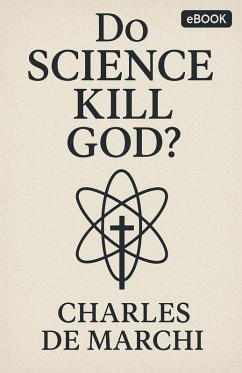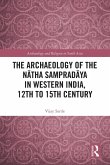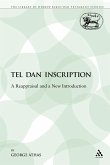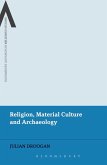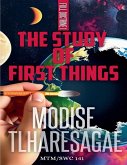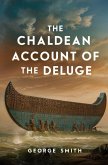We live in a time where science dazzles us. It explains phenomena once shrouded in mystery, from the birth of galaxies to the complexity of our DNA. With such extraordinary power to uncover the mechanics of reality, it's no surprise that some wonder: in a world where science thrives, is there still room for God? The title is intentionally provocative, echoing the rhetoric of public intellectuals like Richard Dawkins, who argue that science has rendered religious belief obsolete, especially after the acceptance of Darwinian evolution. But my aim is not to refute science - quite the opposite. The book embraces it. Science is one of the most remarkable achievements of the human mind. It helps us map black holes, track viruses, and understand the origin of life. What I question, however, is whether scientific knowledge alone can address the full scope of human existence. At the core of my argument lies a simple idea: science and religion answer different kinds of questions. Science is concerned with the how - processes, causes, mechanisms. Faith, on the other hand, ventures into the realm of why - meaning, purpose, moral value. To conflate these two domains is to misunderstand both. And yet, today, we often see a stark polarization. On one side, a militant skepticism claims science as the only valid way of knowing. On the other, a rigid dogmatism refuses to engage with the empirical world. My book rejects both extremes. Instead, I advocate for dialogue - not to dilute either side, but to enrich our view of reality. Critics of religion often point to evolution as proof that we no longer need God. But must evolution be viewed as an enemy of faith? I suggest an alternative: what if evolution itself is a mechanism through which divine creativity unfolds? Rather than being at odds, science and faith can illuminate different dimensions of the same mystery. History supports this view. Modern science did not arise in a vacuum. Many of its founders - Newton, Kepler, Pascal - were deeply religious. Their discoveries were not rejections of faith but expressions of it. They believed the universe operated according to rational laws because it was created by a rational mind. This is not to suggest that science proves God. Nor does it endorse any particular religious doctrine. Instead, it invites us to acknowledge the limits of science, not as a weakness, but as a recognition of its domain. Science tells us what is. Faith explores what ought to be. One measures. The other meditates. The real threat, in my view, is reductionism - whether scientific or religious. When science claims to explain everything, even meaning and morality, it overreaches. When religion dismisses all other forms of knowledge, it isolates itself. Both become caricatures of their true potential. What we need is humility - the intellectual kind that acknowledges the richness and limits of our tools. Science is extraordinary, but it cannot answer every question. Faith, when mature and open, need not fear scientific progress. The two are not competitors in a zero-sum game. They are partners in a greater human pursuit: understanding and wisdom. "Did Science Killed God?" is not a manifesto. It is an invitation - to think, to question, and to converse across boundaries. In an age of growing polarization, perhaps the most revolutionary act is to listen. Not to silence doubt, but to walk alongside it. To honor the precision of science and the depth of faith. After all, between atoms and souls, between equations and questions, we are not merely seeking facts. We are searching for meaning.
Bitte wählen Sie Ihr Anliegen aus.
Rechnungen
Retourenschein anfordern
Bestellstatus
Storno

